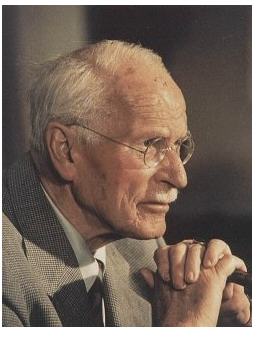Forever Mysterious, Forever Jung
Biography: Carl Jung
Carl Gustav Jung is best known as one of the fathers of modern psychotherapy alongside his erstwhile associates Sigmund Freud and Alfred Adler. He introduced such terms as introversion and extraversion, the collective unconscious, archetypes and synchronicity into the popular vocabulary. But beyond that, most people today probably know little about the man. Understanding something of his profound influence, however, is critical for anyone who wants to better understand the current state of Western culture.
After his departure from Freud’s Vienna Psychoanalytic Society in 1910, Jung founded an approach he named Analytical Psychology, many tenets of which have not only led some to refer to him as a “founding father of the New Age” but also prevented much of the scientific community from taking him seriously.
Who was Jung, the man? Most biographies focus on the relational history of their subjects—the families into which they are born and the later encounters that influenced their development, but a sketch of Carl Gustav Jung’s life, by necessity, is bound to have a slightly different focus. The experiences that had the most profound effect on him were, by his own account, those that occurred within himself; people and the physical trappings of everyday life were relatively uninteresting to him.
(Full story . . . )

